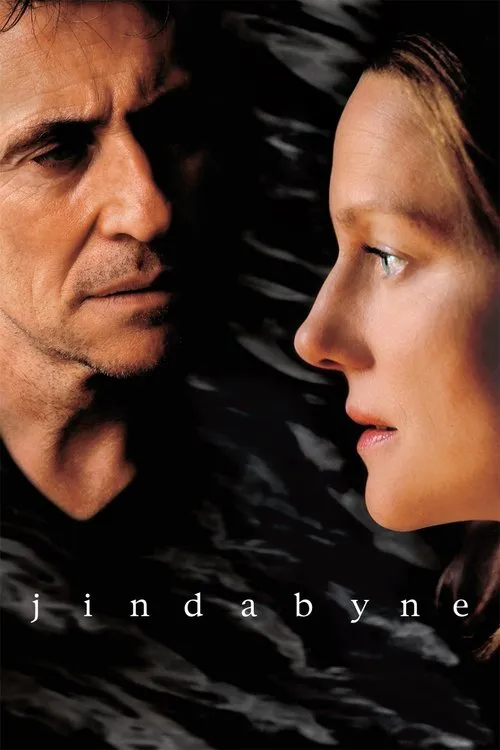Jindabyne

あらすじ
Directed by Ray Lawrence in 2006, 'Jindabyne' takes an unflinching and thought-provoking look at the harsh realities faced by the people of a small Australian town. The film centers on Stuart Kane, a rugged outdoorsman from Jindabyne, who embarks on a fishing trip with his friends to unwind and spend some quality time in the great outdoors. The serene and picturesque atmosphere soon turns into a chilling experience when the group stumbles upon the lifeless body of a young Aboriginal girl. In the beginning, the men try to downplay their discovery, opting not to inform the police immediately. They attempt to treat the incident as an anomaly and an isolated event, hoping not to disrupt the tranquility of the trip. However, as the hours pass and the sun sets, the weight of their actions begins to sink in. The group eventually decides to return the body to the nearby Aboriginal settlement, fearing the wrath of the police or the media, which would inevitably expose their dark secret. Upon their return to Jindabyne, the consequences of their actions become increasingly apparent. Tensions within the group rise, and relationships begin to fray as the reality of their situation sets in. The townspeople's perception of the men changes dramatically after the news spreads, and they are met with a mix of suspicion and anger. The story delves deeper into the complexities of human nature, highlighting the inherent contradictions and moral dilemmas faced by the protagonists. Stuart Kane, in particular, is torn between his own values and the desire to avoid trouble. He struggles to come to terms with his own complicity in the cover-up, eventually opting for a quiet and introspective approach, which ultimately results in him distancing himself from the rest of the group. Lawrence's narrative skillfully weaves together a range of characters and their diverse backstories, creating a complex tapestry of emotions and experiences. The cinematography is breathtaking, capturing the grandeur of the Australian landscape while juxtaposing it with the desolate, barren landscape of the Aboriginal settlement. Throughout the film, the focus shifts between the men, their relationships, and their inner turmoil. The group's initial camaraderie and banter gradually give way to guilt, shame, and despair. As the story unfolds, the audience is left to ponder the men's actions, questioning the morality of their decision to withhold information from the authorities. A key turning point comes when Stuart's wife, Claire, returns home, unaware of the traumatic event that has unfolded in her husband's life. Claire's character serves as a bridge between Stuart and their daughter, Sophie, introducing a fresh perspective on the situation. Her presence also highlights the fragility of human relationships and the devastating impact of unresolved trauma. As the film hurtles towards its conclusion, the audience is confronted with the aftermath of the men's decision. The Aboriginal community, in particular, is left reeling from the news of the discovery of their daughter's lifeless body. The film provides a glimpse into the deep-seated resentment and anger that simmer beneath the surface, revealing a more nuanced and complex portrayal of the Australian Aboriginal experience. Ultimately, 'Jindabyne' is a thought-provoking exploration of human nature, examining the complexities of relationships, community, and the inherent flaws that plague us all. The film invites the audience to confront their own moral dilemmas and ponder the consequences of their actions, raising important questions about responsibility, guilt, and redemption.
レビュー
おすすめ




